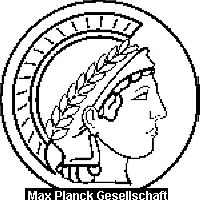German research institutions create web-based platform for scientific collaboration
Germany's Max Planck Society and FIZ Karlsruhe are to work together to develop a platform for web based scientific work, allowing the scientists at the Max Planck Society's 80 research institutes to increase their collaboration. The strategic partnership will receive 6.1 million euro over five years from the German government for the eSciDoc project. FIZ Karlsruhe will provide development and information technology (IT) services, and will operate central services. The platform will allow the sharing of data with peers, the publication of research results, and storage and archiving of research papers. It will include interactive tools, and will be able to handle multiple data sources and types, including video and audio. eSciDoc will also enable Max Planck scientists to publish their research findings on the Internet, thus making it available to their counterparts around the world, as well as the public. It is envisaged that the platform will, in future, be extended to other research institutions as well. 'This new innovative working environment will enable any scientists around the world - wherever they live, whatever their field of research - to communicate professionally with their peers,' explained Managing Director and CEO of FIZ Karlsruhe, Sabine Brünger-Weilandt. 'An important prerequisite for unlimited access to research results is a sustainable environment to support the publishing and sharing of multidisciplinary scientific results, and their exploitation for cross-disciplinary purposes,' added Ms Brünger-Weilandt. She also outlined a need for standards and a suitable international infrastructure: 'The best way of achieving this is through close collaboration between appropriate national and international initiatives. We envisage eSciDoc playing an important part in this process.' The initiative is complimented by the development of Grid services, both at national level within Germany and elsewhere, and at EU level.
Kraje
Germany



